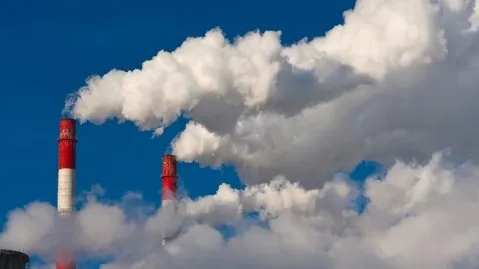
UN-Energy Plan of Action to support energy transition launched
The plan committed to supporting providing electricity access to 500 million people.
The United Nations (UN)-Energy launched a Plan of Action that would support the energy transition and the need for affordable energy for all amidst the global energy crisis and worsening climate emergency.
In a statement, the UN Development Programme said the UN-Energy Plan of Action Towards 2025 sets out a framework for collective action by the almost 30 UN and international organisations to achieve the pledges they made.
"The UN-Energy Plan of Action is our collective response to today’s global energy and climate challenges. As part of this, UNDP is stepping up its energy work to support countries in achieving a just energy transition, helping them advance progress on the Sustainable Development Goals while tackling the climate crisis," said Achim Steiner, administrator of the UNDP and co-chair of the UN-Energy.
The UN-Energy committed to providing access to electricity to 500 million people and gaining access to clean cooking solutions for one billion people.
It also supports increasing renewables capacity globally by 100%, no new coal power plans in the pipeline after 2021, and 30 million jobs in renewable energy and energy efficiency, as well as doubling annual clean energy investment globally.
Under the Plan of Action, the UN-Energy identified seven work areas to address large-scale challenges. These areas are:
- Scaling up collective UN-Energy action to close the energy access gap and ensure just, inclusive energy transitions that leave no one behind;
- Catalysing multi-stakeholder partnerships by scaling up Energy Compacts, including through the Action Network;
- Growing the momentum, by spearheading a global campaign for SDG 7 action
- Leading by example, by greening UN-Energy organizations’ operations;
- Convening an annual Global SDG 7 Action Forum on the margins of the UN General Assembly High-level Week in September;
- Informing global agenda-setting by providing analytical inputs and policy guidance to key intergovernmental processes;
- Leveraging the power of data, digitalisation and visualisation for strengthening monitoring, tracking, accountability, and communicating results.
Furthermore, the UNDP said an Energy Compact Action Network was also formed to match governments that are seeking support for their energy transition goals with other governments and businesses that committed over $600b to support these targets.
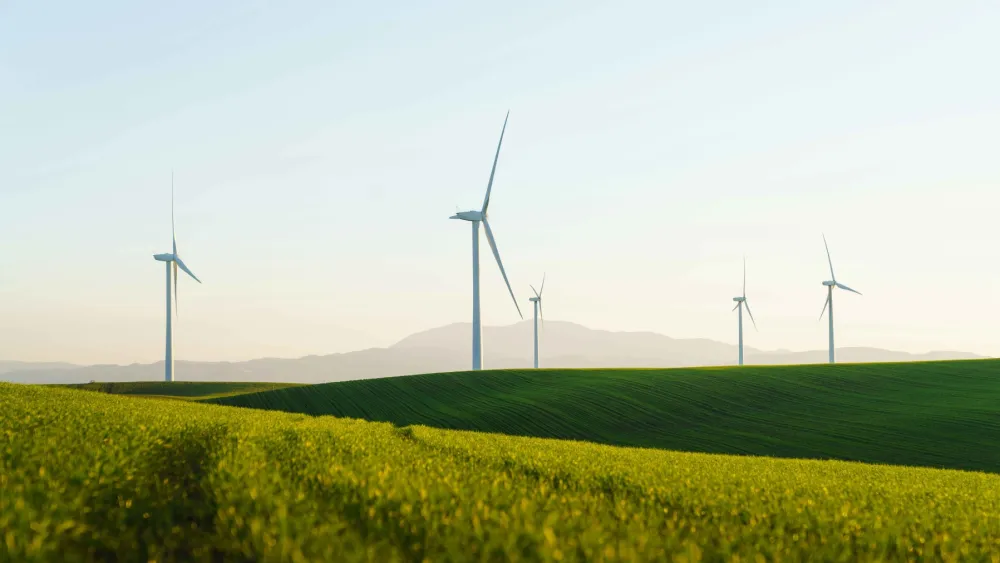

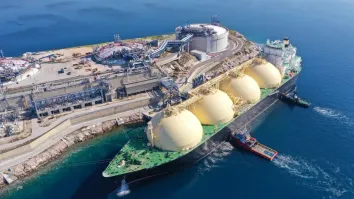

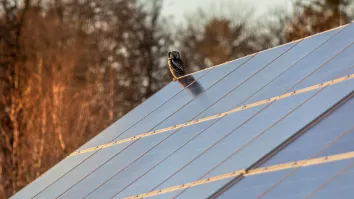
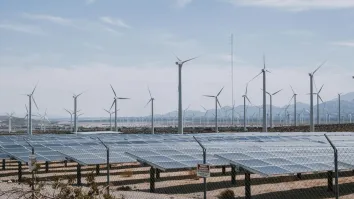













 Advertise
Advertise







